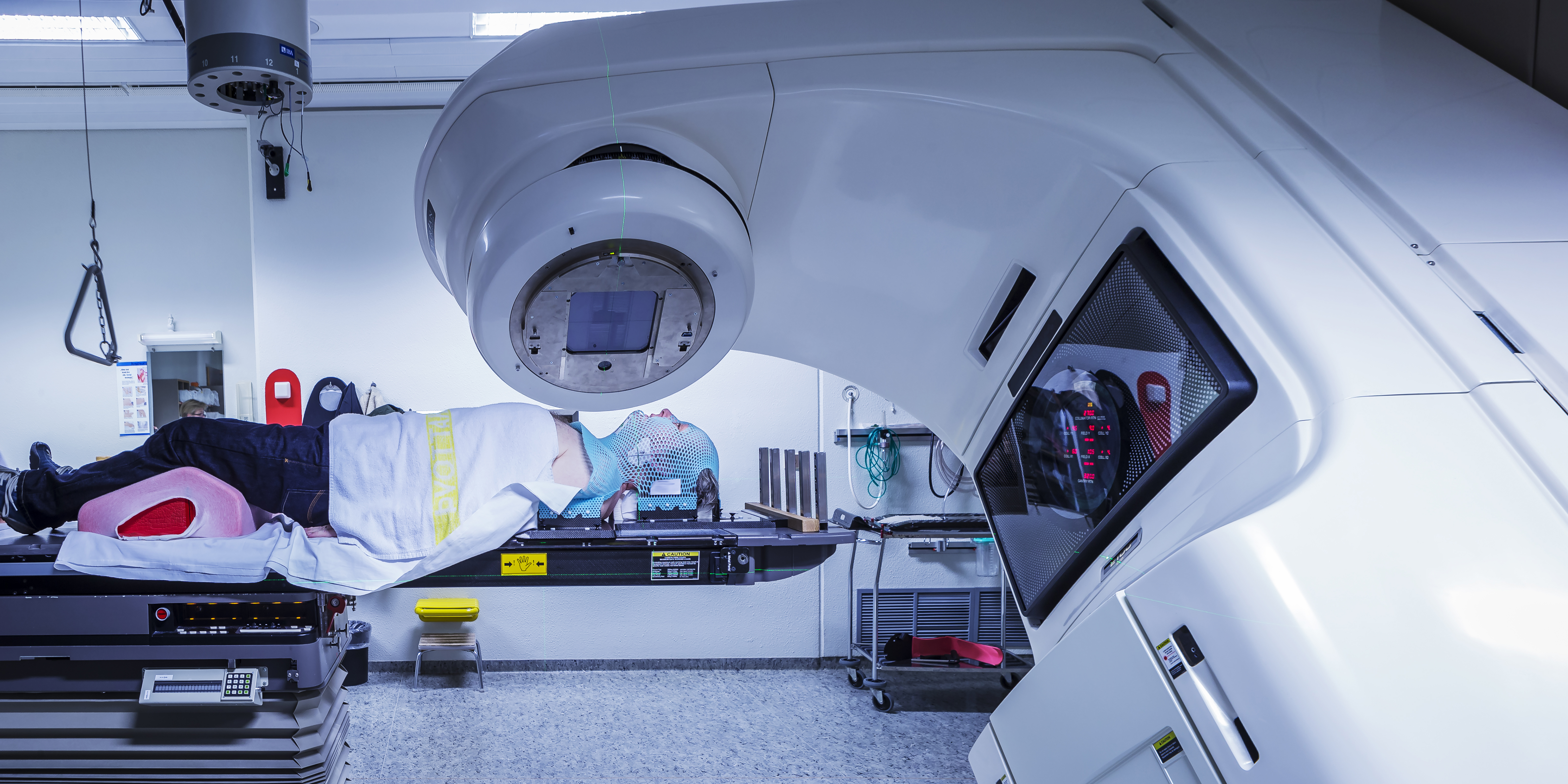
Research from the International Cancer Benchmarking Partnership has revealed that patients in the UK are suffering from worse rates of radiotherapy treatment than internationally.
Published in the Lancet Oncology earlier this month, the research looked at differences in how countries use radiotherapy and chemotherapy, to see how that factored into survival differences.
The paper, titled 'Use of radiotherapy in patients with oesophageal, stomach, colon, rectal, liver, pancreatic, lung, and ovarian cancer: an International Cancer Benchmarking Partnership (ICBP) population-based study,' was conducted by researchers from University College London, and was part-funded by charity Cancer Research UK.
For the research, an international team of researchers examined data from over 780,000 people with cancer diagnosed between 2012 and 2017 in four comparable countries (Australia, Canada, Norway and the UK). Eight cancer types were included: oesophageal, stomach, colon, rectal, liver, pancreatic, lung and ovarian cancer.
The research
The researchers found people in the UK were treated with chemotherapy and radiotherapy less often, and faced longer waits to start treatment.
Leandre Archer, head of industrial relations for the SoR and a former therapeutic radiographer, said: “It is profoundly depressing to see so starkly how the government’s failure to address shortages in the therapeutic radiography workforce affects cancer patients.”
She explained in recent years there had been a “concerted focus” on cancer screening, with more people diagnosed and treated than ever before.
While this is “obviously a good thing”, she warned it means therapeutic radiography department are treating patients well beyond their capacity, and waiting lists are growing.
'Chronic recruitment and retention problems'
“Therapeutic radiography posts remain unfilled,” Ms. Archer added. “There can be no radiotherapy without Therapeutic Radiographers to deliver patient care. And yet the government has done nothing to address the chronic recruitment and retention problems in our profession.
“We’re hearing of departments that end up turning off some of their radiotherapy machines, because there are not enough Therapeutic Radiographers to deliver patient care. In some hospitals, Therapeutic Radiographers are being forced to prioritise certain cancer patients – delaying radiotherapy for all but the most urgent cases – because they lack the capacity to deliver treatment.”
Long waiting times mean that cases become more complex – and for some patients, even a two-week delay can mean the difference between life and death.
'I've never had to do this before'
One consultant Therapeutic radiographer in breast cancer treatment said: “We’re not the only hospital to be categorising patients in this way – it’s happening all over the country. The aim – depressing though it sounds – is to stop people coming through the treatment pathway. We want to treat them all, but we simply don’t have capacity for every patient waiting to receive radiotherapy.
“I’ve never had to do this before: to choose which category patients go into. I went into radiography to treat patients, not to delay treatment for as long as possible. And the patients aren’t happy, either. They're often told by a nurse that their radiotherapy treatment will begin in two weeks’ time, and then it’s up to us to tell them that this isn’t going to happen.
“I’m worried about what’s going to happen in the future. They say that one in three people is going to be diagnosed with cancer. But nothing is being done to remedy the shortage of radiographers. So who’s going to treat all those patients?
“I see young radiographers come into the profession, and I hope they’ll stay. But they don’t: one person left to retrain as a vet; another left without any job to go to. And I understand why they leave: I’ve been feeling burnt out, too. The workload is unsustainable for the number of staff we have. When I went to see my GP, he estimated that I’d been stressed for about two years.”
'The situation will only get worse'
Ms. Archer added: “In 2023, therapeutic-radiography degree courses remained unfilled for the first time. This is very concerning. If we cannot entice new radiographers into the profession, then the situation will only get worse and worse.
“The government cannot tackle cancer waiting lists without dealing with the radiography workforce crisis. Recruiting and retaining more radiographers is of paramount importance for patient diagnosis and cancer treatment.”
The SoR recently launched its new manifesto, calling upon the government to take five key actions to resolve the radiography workforce crisis.
(Image: Radiotherapy, by Arctic-Images via Getty Images)
